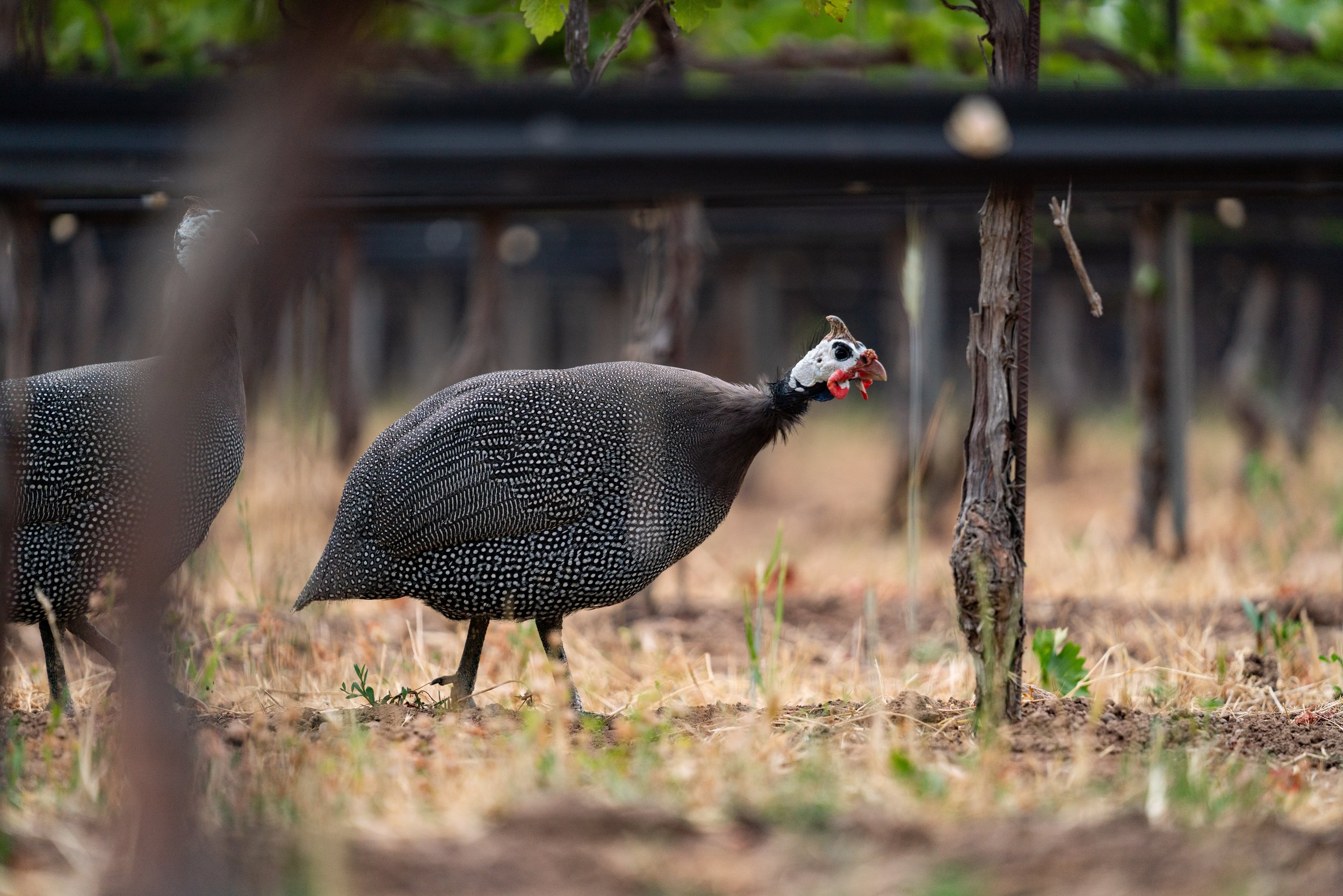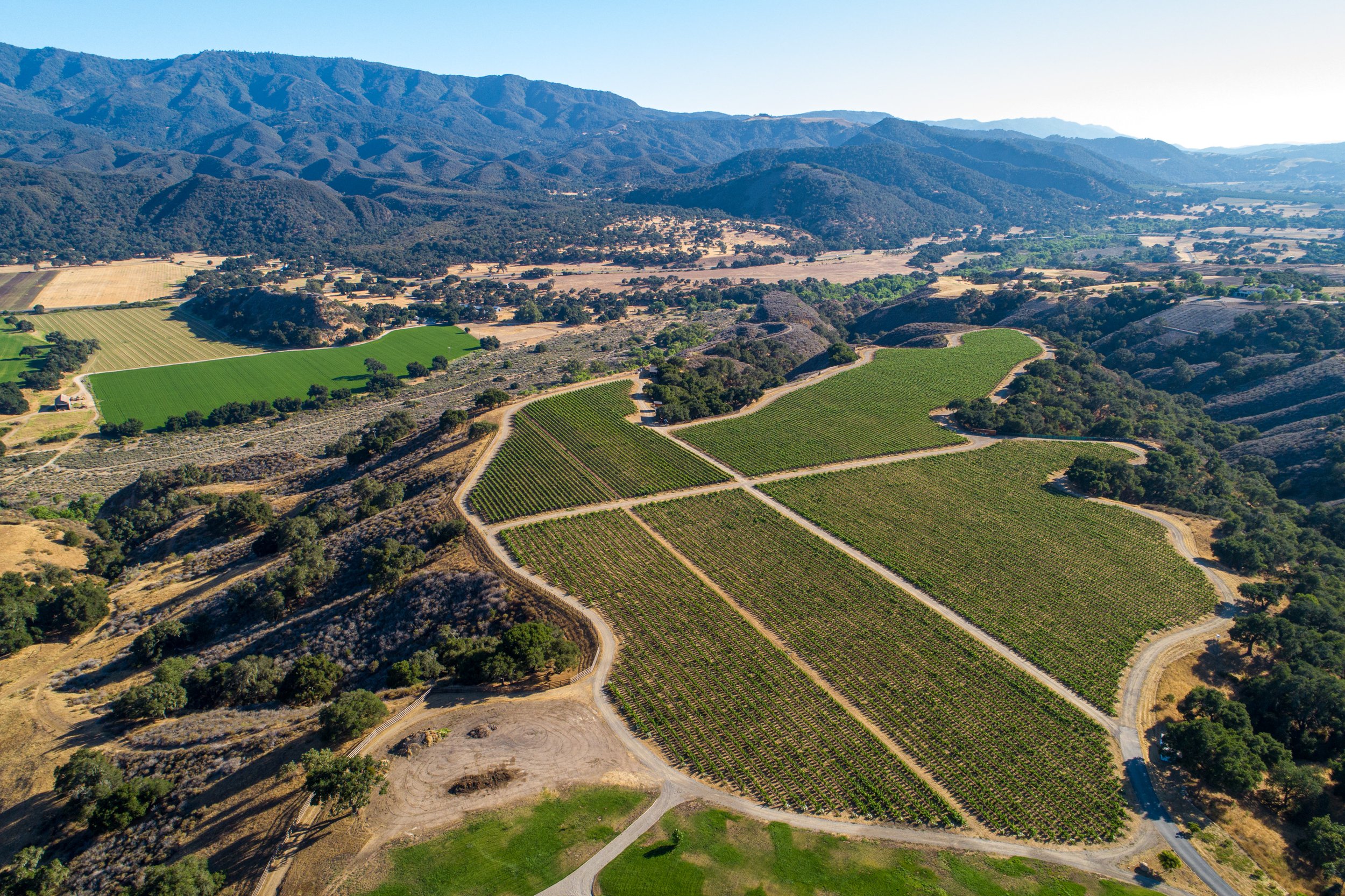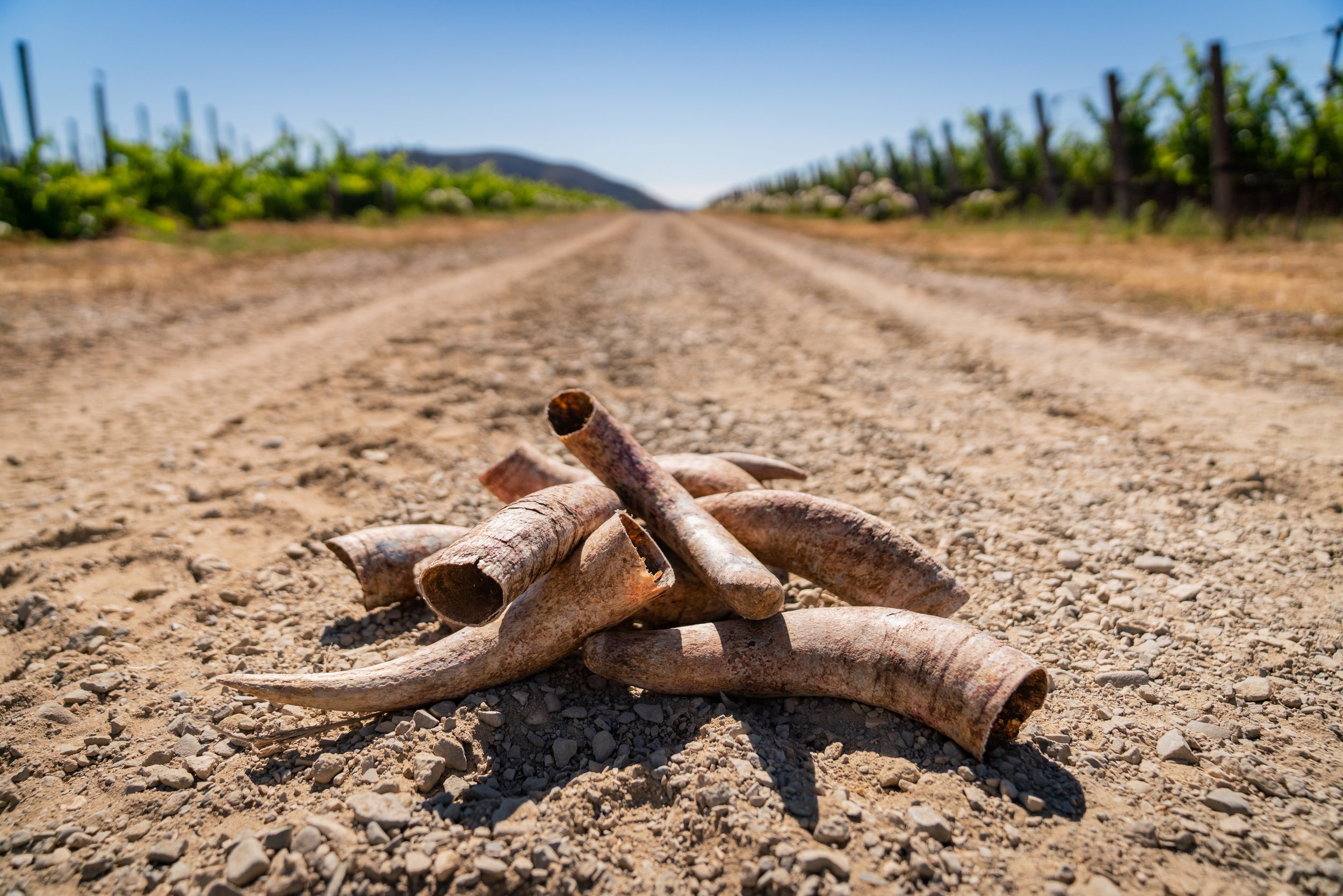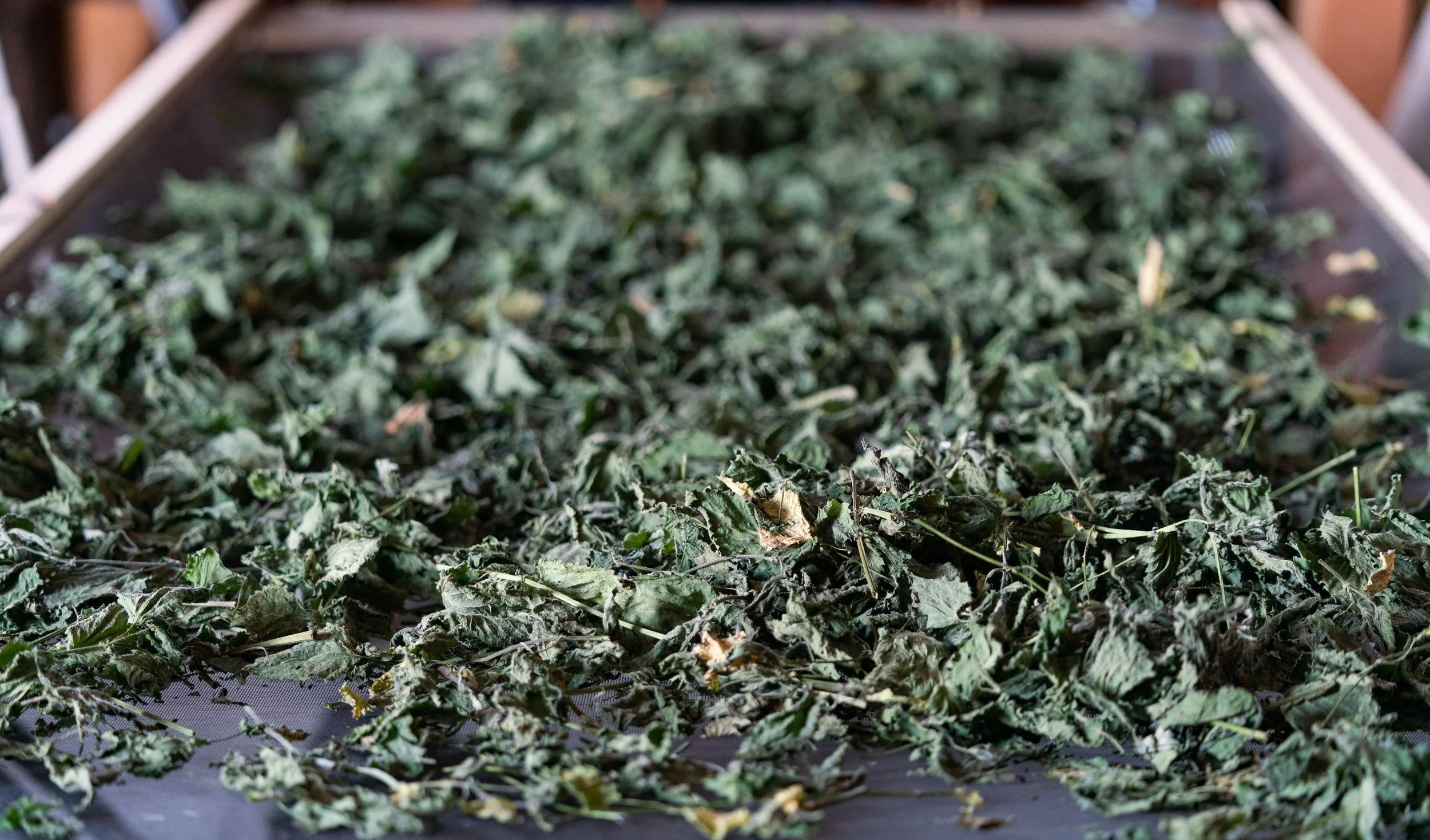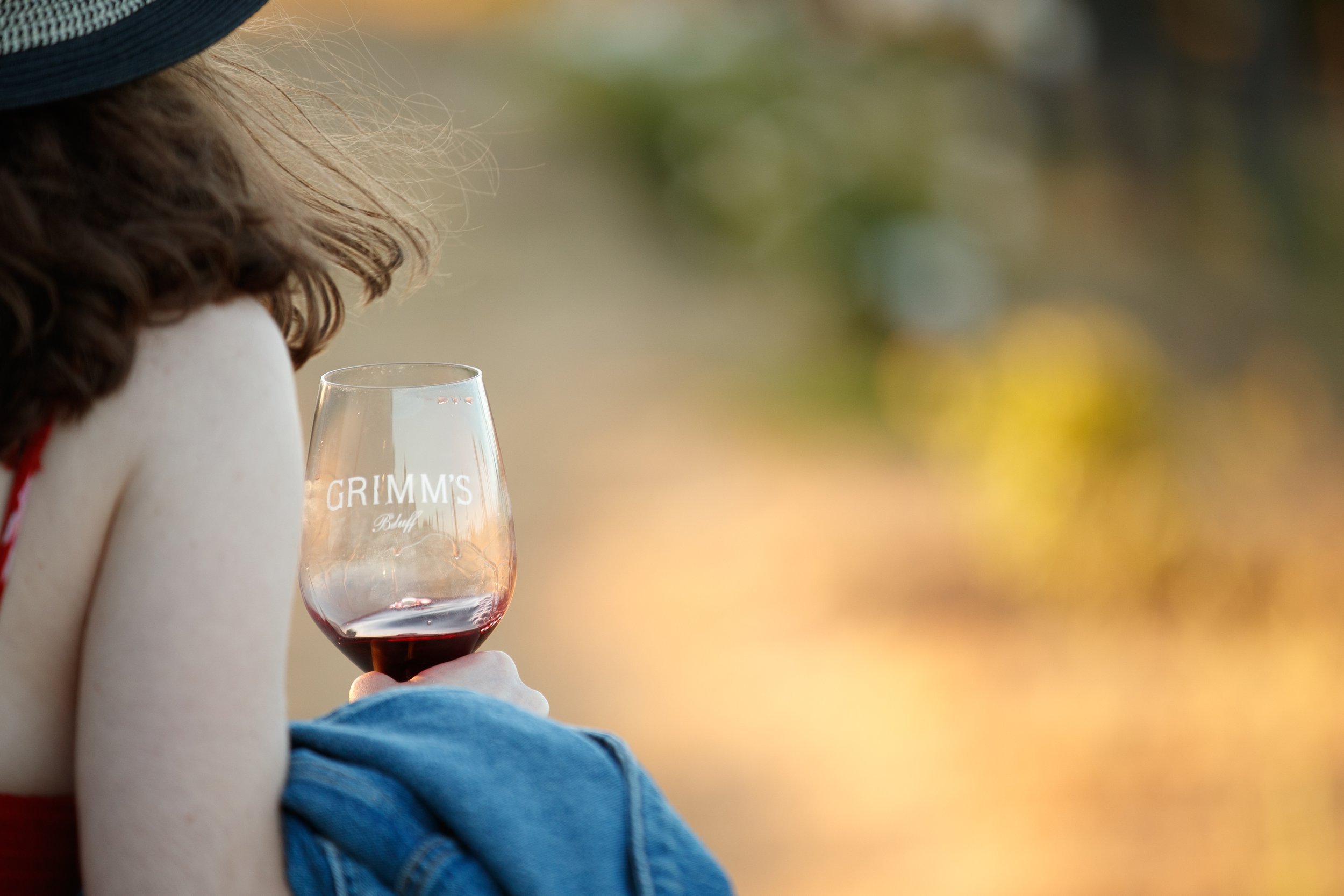The Significance of Grimm's Bluff's Glyphosate-Free Vineyard
For decades, Roundup (glyphosate) was a go-to herbicide for California’s vineyards. Introduced in the 1970s, glyphosate offered an efficient way to control weeds, boosting vineyard productivity by reducing labor and time spent on mechanical weed removal. By the 1990s, it was widely used across wine regions, helping farmers manage weeds without disturbing the vines.
However, Roundup’s benefits came with hidden costs. Glyphosate is non-selective, meaning it kills almost any plant it touches. Over time, its widespread use led to diminished soil biodiversity, potentially weakening vineyard ecosystems. In addition to environmental concerns, growing health risks became hard to ignore. Several studies have suggested that glyphosate may be linked to cancer, most notably non-Hodgkin’s lymphoma, leading to lawsuits and stricter scrutiny of its use in agriculture. For vineyard workers regularly exposed to glyphosate, this posed a serious health risk, raising questions about the long-term safety of synthetic herbicides.
What sets us apart is that our land has never had Roundup or any synthetic chemicals used on it, providing a completely organic canvas from the start. Since its establishment, Grimm’s Bluff has relied on natural methods for weed control, including cover cropping, manual labor, and promoting biodiversity in the vineyard. This ensures not only healthier soil but also a safer environment for workers and wildlife.
By avoiding glyphosate entirely, we preserve the purity of the land, resulting in wines that reflect a true sense of place. More importantly, this commitment to organic farming creates a safer, healthier environment, both for the people who tend the vines and for future generations.
The significance of this approach goes beyond organic certification—it’s about making conscious choices that support long-term sustainability and health. This commitment ensures not only world-class wines but also a vineyard that thrives without compromising its ecological integrity.



